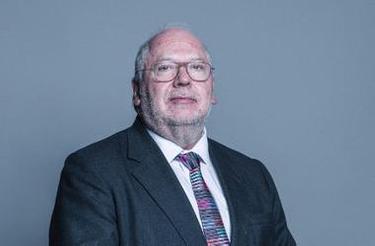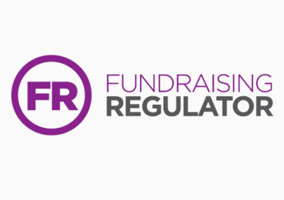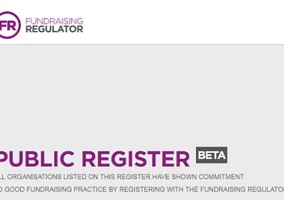Lord Harris of Haringey, the recently appointed chair of the Fundraising Regulator, has criticised charities that have failed to pay the organisation’s voluntary levy.
Speaking to the Times, Harris accused some charity chief executives and trustees of arrogance for deciding not to pay the levy.
He told the paper: “There are some charities that feel they are above this process because [they think] of course everyone recognises that they behave impeccably and so why on earth should they be required to do it?
“The rules are there not only to protect the public but also to protect them and their good name. Protecting the good name of the charitable sector as a whole will be an important part of the respect with which they are held.”
The Fundraising Levy, which goes towards the regulator’s running costs, applies to all charities that spend more than £100,000 a year on fundraising.
246 not paid levy
The Times article says that 246 charities out of 1,883 judged eligible charities had not paid the levy by the end of last week.
It says several independent schools, universities and arts organisations are among the charities that have not paid.
According to the paper, Hampstead Theatre said that after a £122,000 loss in funding it had been advised by the Arts Council to “take advantage of the voluntary nature” of the levy and suspend payments for four years.
The article adds that several charities paid up last week after being contacted by The Times, including the Jamie Oliver Food Foundation.
'Working with charities'
A spokesperson for the Fundraising Regulator told Civil Society News that it was "working with" charities that had refused to pay the levy.
“We very much welcome the response we have had to our levy 3 payment from charities, with over 90 per cent of all payments expected from the sector received.
"This is a good reflection on the commitment of charities in the UK to upholding ethical standards of fundraising and we are grateful for their continued support of the regulator.”
“We are continuing to receive levy payments and remain in discussion with a number of other charities about payment.
"Not all of those are charities refusing to pay, but we are working with those that are to understand the reasons for their refusal.”
|
Related articles












